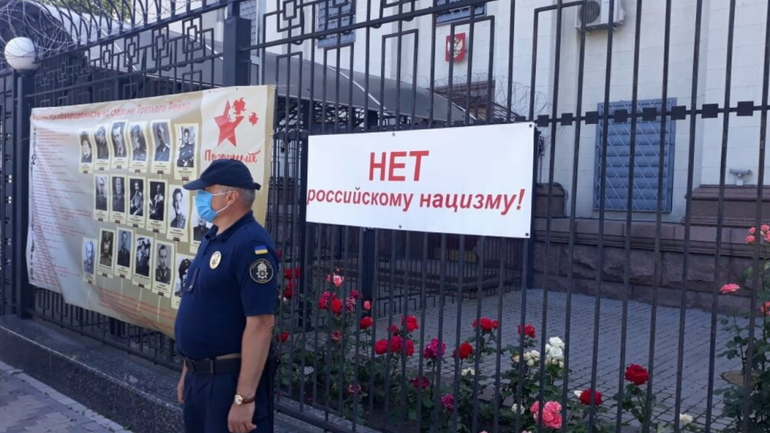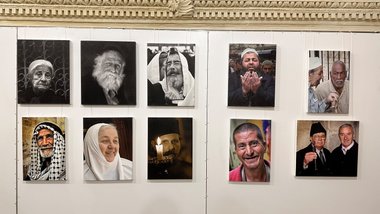Russian Embassy employees visited bishops of the UOC-MP every Friday, - Yuri Chornomorets

Professor of religious studies Yuri Chornomorets wrote about this on his Facebook page, according to Espresso.
"The UOC has resorted to overt collaboration with the Russian Federation. When I worked with Bishop Anthony Pakanych, I saw representatives of the Russian Embassy go to the Archdiocese every Friday and, if necessary, more often. If you make a request to the SBU, you can get data on the manual management of the UOC information policy by Moscow in the period from September 2014, when it was decided to make such a transition to full subordination to the church and secular authorities of the Russian Federation. Participation in the information war against Ukraine on the side of Russia is a fait accompli, and the Episcopate and the Metropolitan Administration's staff definitely fall under the sanctions of the law on collaboration," the scientist said in an open letter to the Head of the State Service of Ukraine for Ethnic Policy and Freedom of Conscience, Olena Bogdan.
In addition, according to Chornomorets, he is not aware of the fact "that the UOC-MP in the occupied territories refused to cooperate with the Russian Federation and pro-Russian puppets."
"I think this is an indicator. Especially against the background that there are no examples of successful cooperation between the UOC and the state and society in the unoccupied territory. Some statements of the UOC leadership about supporting the independence and integrity of Ukraine are at odds with their cases," the religious scholar notes.
Therefore, according to Yuriy Chornomorets, it is necessary to "initiate a legislative ban on any ties for Ukrainian religious communities and associations with religious associations in the Russian Federation."
"Only such a complete ban on ties with Moscow and punishment of collaborators can create conditions for a successful dialogue between the UOC and the OCU," the professor concluded.










